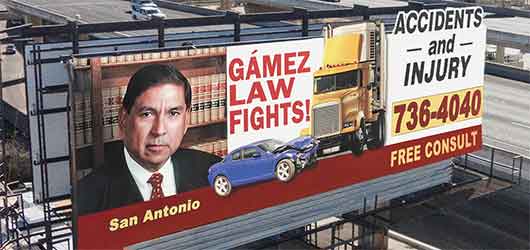A motor vehicle accident can leave you with injuries, damage to your personal property and other consequences that can make your life more complicated. Even a minor collision can lead to effects that impact you for months or years. After a car accident, you may wonder how you can pick up the pieces and move forward after, especially if you are not at fault. It is important to understand how liability works and what you can do to secure the recovery you deserve.
As a Texas car accident victim, it is helpful to understand what steps to take after a car accident, including how to file a claim with the insurance company. It may help to remember that insurance companies do not always have your best interests in mind, and it may be necessary to fight for your rightful recovery. By understanding your rights and the appropriate course of action after a crash, you will be in a better position from which you can defend your interests.
Who is responsible for the accident?
The intent of car insurance is to ensure that drivers have proper coverage in the event of an accident. Texas law requires that every driver have appropriate insurance coverage. They must be able to provide proof that they can pay for any accident they cause, which is why having liability coverage is mandatory. Liability insurance will cover losses related to damaged vehicles, replacement of destroyed vehicles and more.
Texas is an at-fault state. This means that, to successfully recover damages through an insurance claim, you must be able to prove that the other driver is at fault. To build your case, you will need to present evidence that the actions of the other driver led to the accident that left you injured or resulted in your injuries. An assessment of your accident can help you understand how to present a strong claim.
Navigating the aftermath of a car accident
It is not easy to navigate the aftermath of a car accident or deal with insurance companies. You do not have to walk through this process alone. You may benefit from seeking the guidance of an experienced professional who can help you understand what options are available to you, which may include seeking recovery through an insurance claim or a civil claim.


